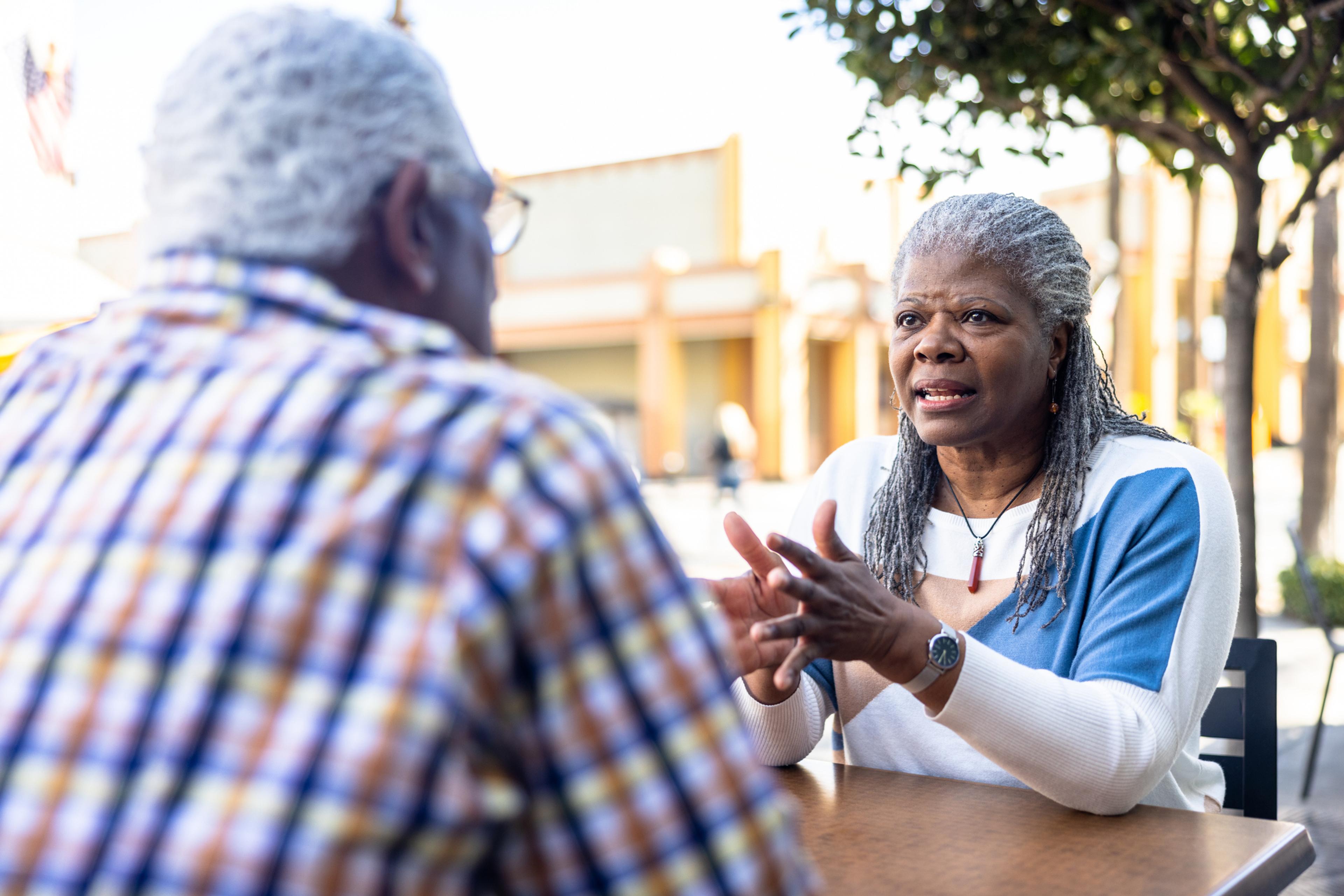Pontiac’s Latino Community Has a 'Guardian Angel' in Catholic Charities of Southeast Michigan’s Prevention Programs Supervisor
Jake Newby
| 6 min read
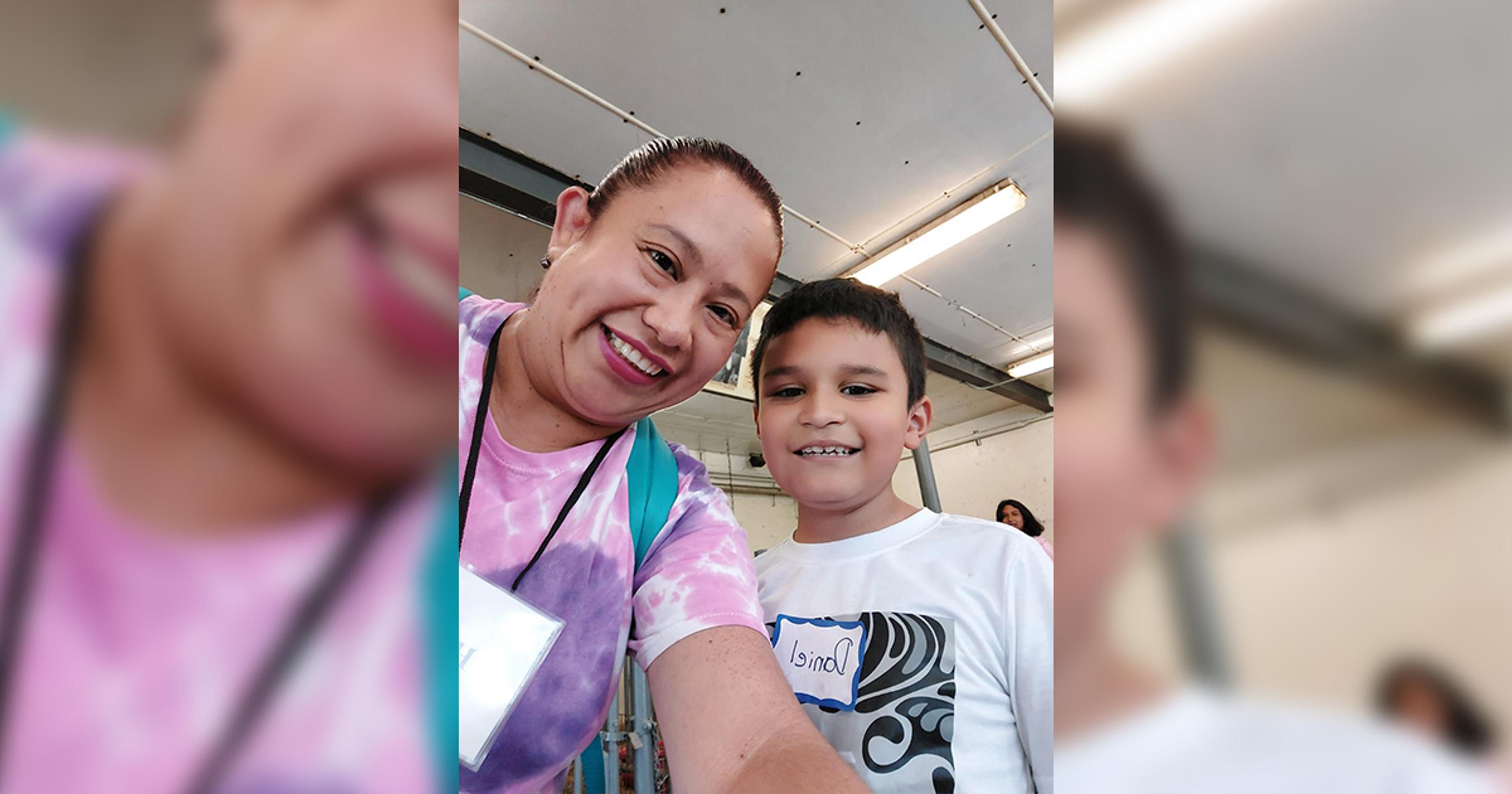
Jazmin Beltran knows exactly how scary and overwhelming it is to move to a new country when you don’t know the language, and you don’t have a lot of money or resources at your disposal. When she immigrated from Mexico to Michigan in 2013, she truly had to start over.
“My husband had employment here, so we moved because of his work,” Beltran said.
A licensed psychologist in Mexico, Beltran’s master’s degree in behavioral science didn’t translate to United States standards. Since then, she has worked to become a proficient English speaker and work her way toward certification in multiple behavioral health fields, all while providing the kind of crucial resources and comforting approach to immigrant families that may feel as scared and overwhelmed as hersfelt10 years ago.
Beltran’s ability to relate to Pontiac’s robust Latino community has made her an invaluable asset to Catholic Charities of Southeast Michigan (CCSEM), where she serves as the non-profit organization’s prevention programs supervisor.
“Jazmin is just really dynamic,” said Andrea Foley, LMSW and CCSEM’s Director of Behavioral Health. “She is really sincere, she’s kind. Our clients trust her … she knows how to phrase things in such a way that makes people feel comfortable and want to participate in services that maybe they might not have had it been Jazmin presenting the information to them. Because they know that Jazmin and the rest of the staff have their best interests at heart.”
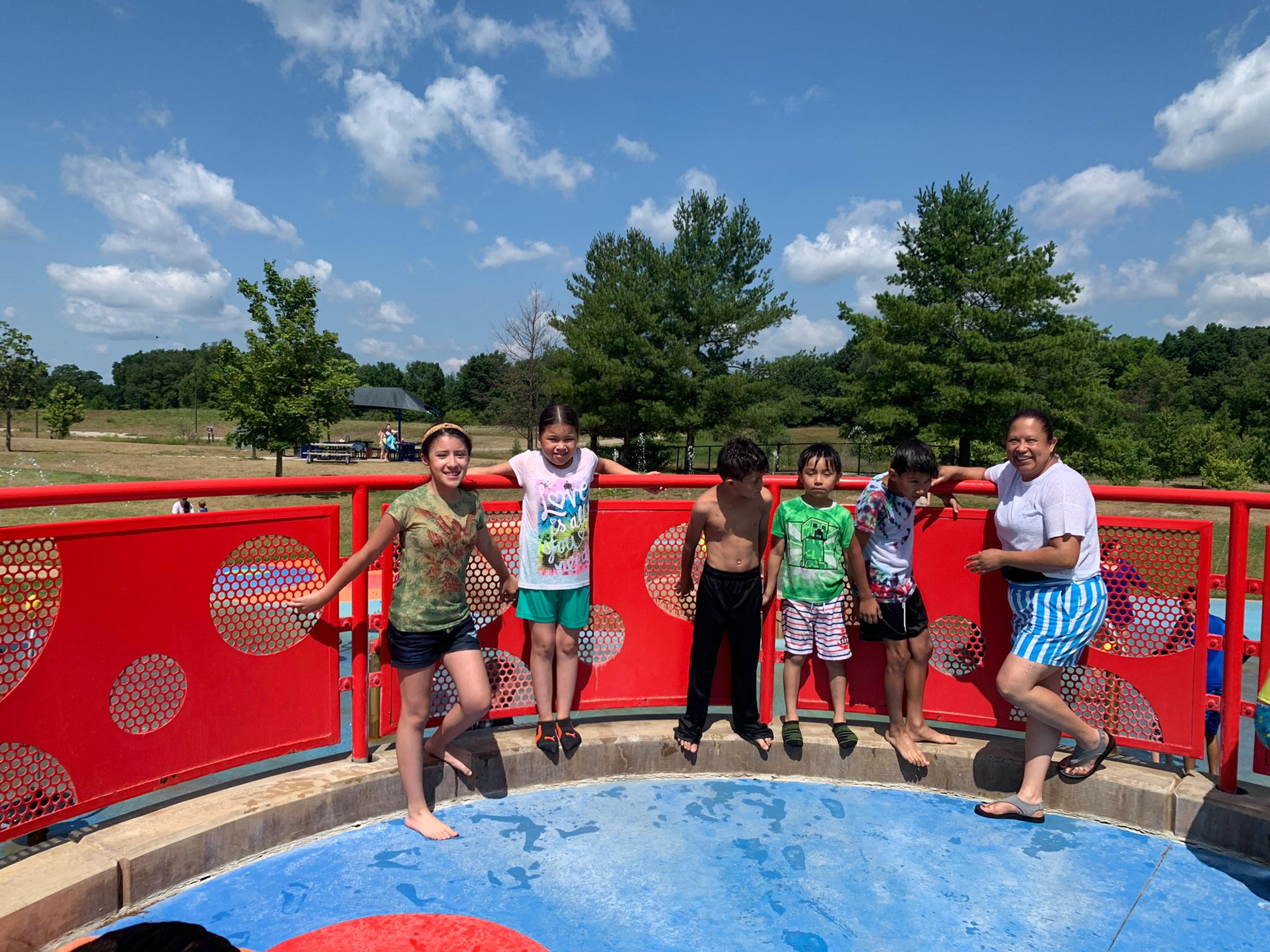
One of Beltran’s many focuses is leading substance use disorder awareness education. The stigma surrounding mental and behavioral health issues in the U.S. has waned over the past 20 years or so, but it’s still strong in Mexico and other Spanish-speaking countries.
“The stigma is a cultural thing,” Beltran said. “There is not as much information about how to take care of your mental health in Mexico. If something hurts on your body, you go to the doctor’s. But no one really talks about what happens when you feel sad or when you are unable to manage your emotions.”
As Beltran works to get credentialed, CCSEM secured funding from the Blue Cross Blue Shield of Michigan (BCBSM) Foundation to help pay her salary as prevention programs supervisor. The $18,000 BCBSM Foundation Community Health Matching Grant has allowed Beltran to sharpen her skills as she continues to elevate CCSEM’s Pontiac La Casa Amiga clinic, which serves more than 500 people a year.
“One of the greatest things about this grant for us is, it has allowed us to actually pursue a different avenue to make sure we have a qualified person who can provide these services in a culturally sensitive manner, and in the language that is spoken by the client,” Foley said.
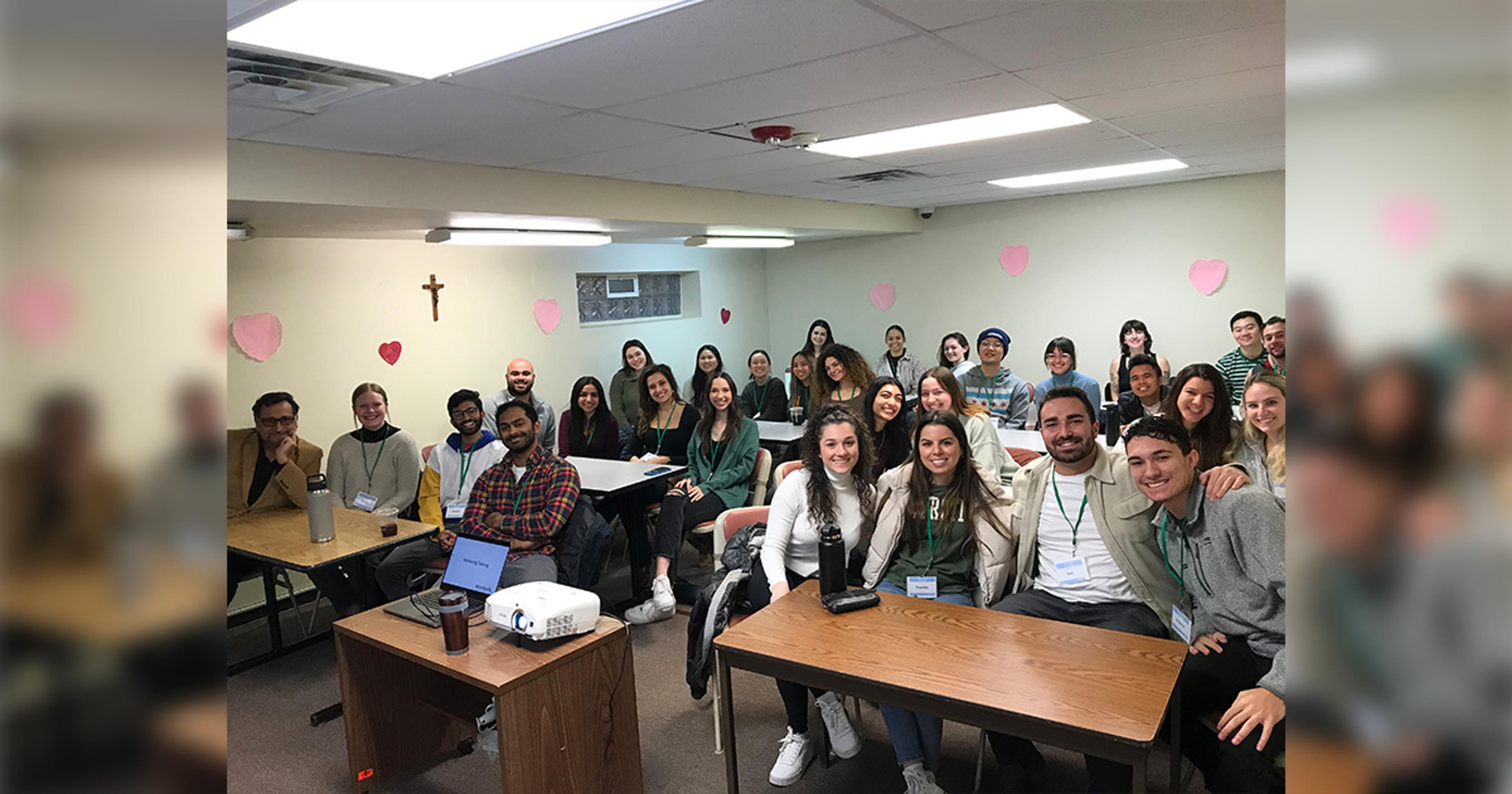
Beltran is someone clients trust and confide in, to the point that when a breakthrough is made and she can help someone tear down that stigma, she can then help facilitate the mental and behavioral health treatment that person requires.
“Our team at La Casa Amiga is just what every nonprofit wants,” said CCSEM CEO Paul Propson. “It is a team of people that is serving a vulnerable community … Jazmin and her staff there, they are giving back. They love and support their neighbors and friends. They feel safe and close to one another. There’s just such a tremendous amount of love and dedication and commitment. We are just so blessed and fortunate in our community that we have a place like La Casa Amiga.”
CCSEM looks out for its clients by looking out for their families
Beltran oversees a preventions staff that’s as warm and trustworthy as she is, a staff that operates CCSEM’s tutoring and mentoring program for kids and provides other childcare services. A lot of what she does is geared toward untangling the family dynamics of Spanish-speaking families that can make for a complicated everyday life in the U.S.
Often, when an immigrant family comes here, the children are the first ones to learn English. Parents then must rely on their kids to explain things to them. This can pose an especially challenging dynamic at their children’s school, where parents don’t have the benefit of finding out why their child might not be succeeding, because they can’t communicate with teachers. Beltran and La Casa Amiga help provide support and the services to ensure that those parents can assist their kids and properly parent them.
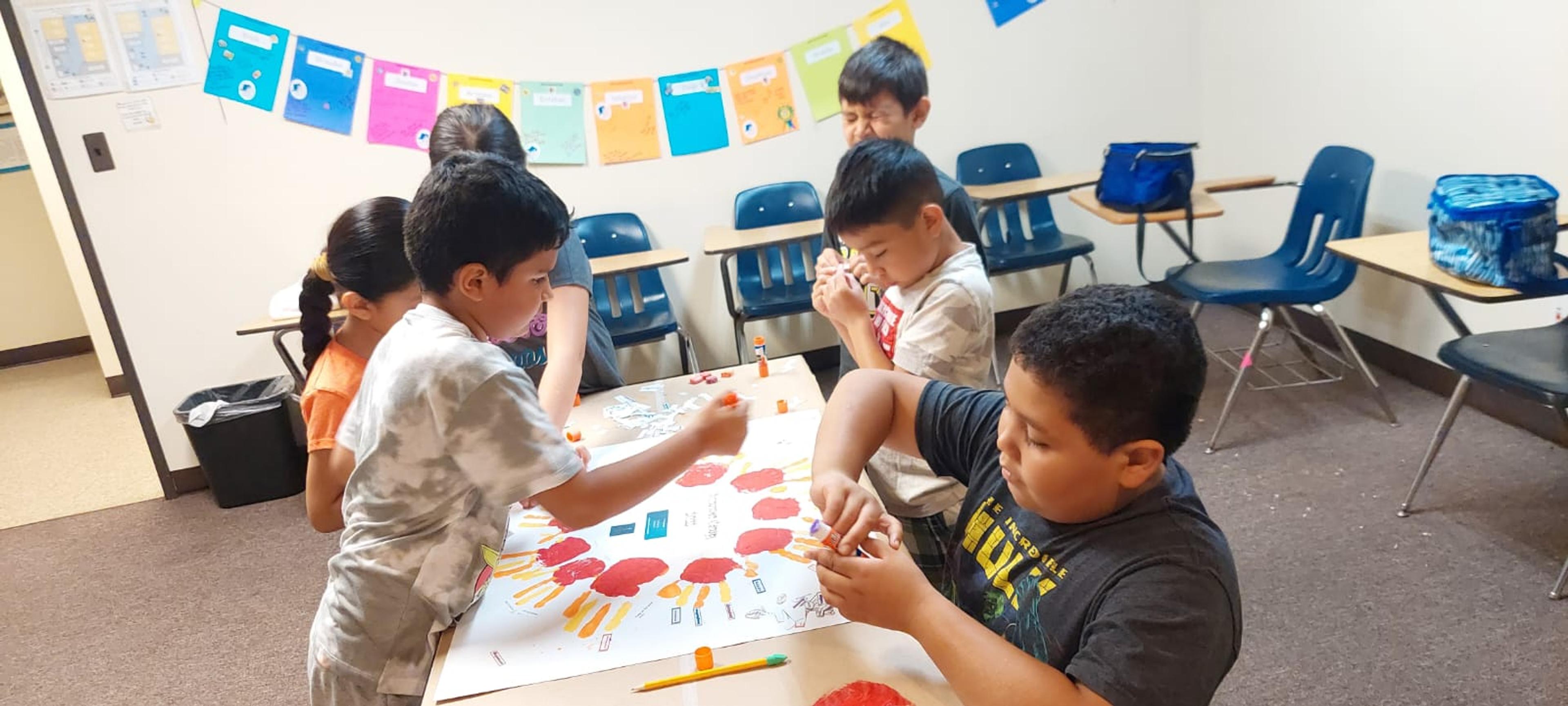
“We take pride in lending a hand toward organizations that are dedicated to helping the Latino community,” said BCBSM Foundation Senior Program Officer, Myra Tetteh. “It’s hard to imagine how overwhelming it can be to come to a new country and feel disconnected as you try to bring a better quality of life to your family. Through its quality services and trusted reputation, CCSEM and La Casa Amiga not only helps Latino families adjust, they help them thrive.”
Beltran shared a personal story to illustrate her passion for what she does.
“This family, there was a mother and three children, one was a young baby, and her husband was deported,” Beltran explained. “She was alone with the kids and wasn’t receiving services from us at the time. Because of the deportation of the father, the kids were struggling, not eating enough, all sorts of things. She’s a very strong woman. And, as soon as I mentioned the services we can offer, parenting classes, mentoring programs, tutoring for the little ones – it was kind of a relief.”
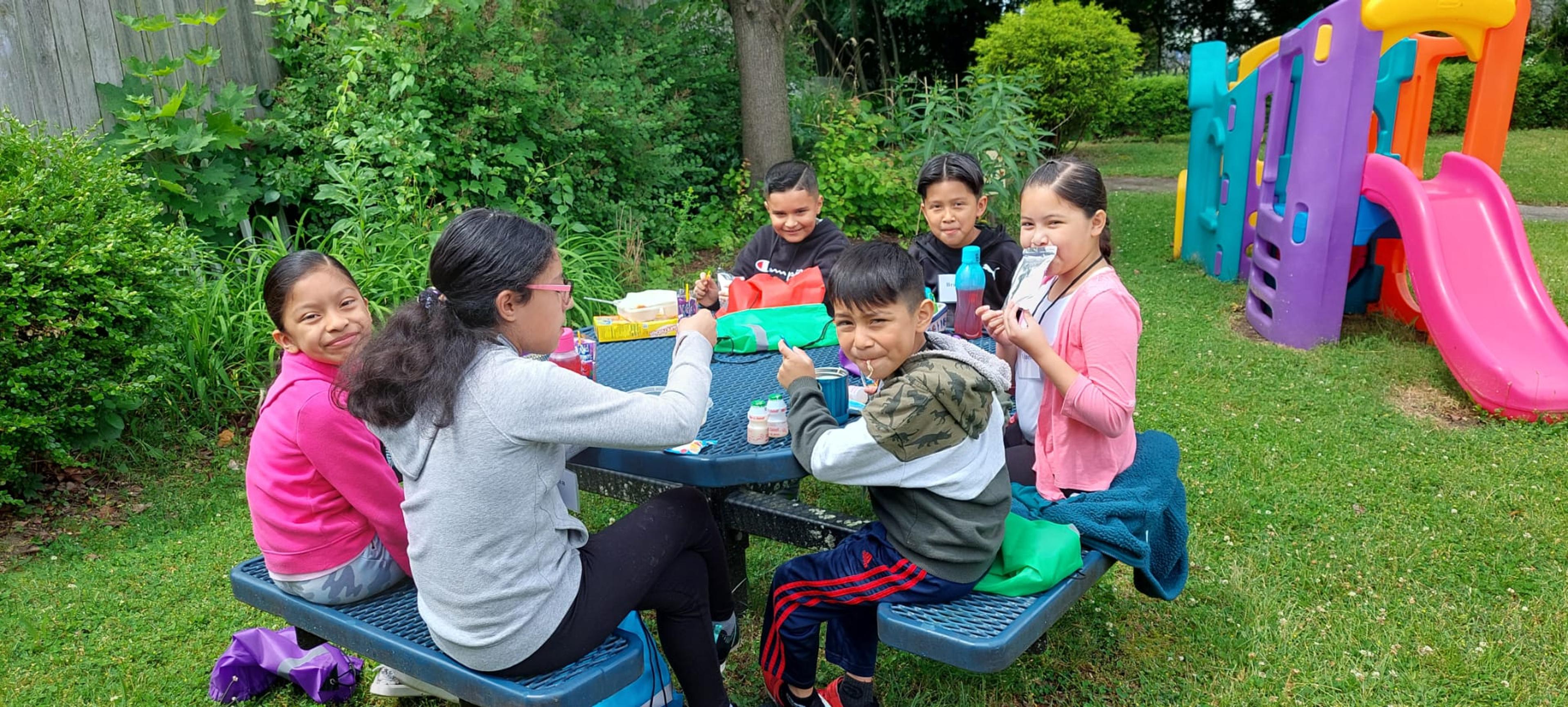
This was three years ago, Beltran said, three years that saw the family match with a mentor, go on field trips and receive tutoring. In many respects, her young family grew up under the La Casa Amiga roof.
“She’s said, ‘You are my guardian angel. You’re offering all of these services to my kids, and they are improving,’” Beltran recalled. “Last month the mother sent a picture to me with the oldest kid graduating from high school. And she said, ‘This is because of you.’ For me, I get emotional because of everything we did to try to be there for them for those three years. And she recognized it. know these programs are creating an impact in the community. That’s why I’m here.”
The Community Health Matching Grant program supports nonprofit community organizations that develop, implement, and evaluate new approaches to health care issues by addressing health care access, quality, and cost. Potential grantees can learn more about eligibility and the application process at this link.
Photo credit: CCSEM
More Foundation stories:
- New Youth Peer Advocate at Detroit’s Ruth Ellis’s Center Offers Support, Relatability to At-Risk LGBTQ+ Young Adults
- Blue Water Area YMCA Promoting Physical Fitness, Decreasing Social Isolation Among Older Adults in Michigan’s Thumb
- PEARS Increases Early Autism Identification in Toddlers with Play-Based, Rapid Interactive Screening System





